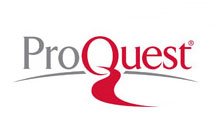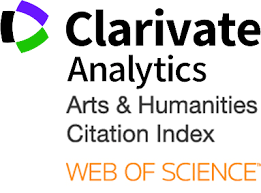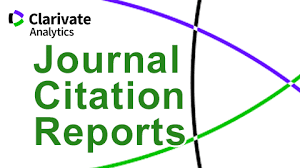Ethics and malpractice
ETHICS AND STATEMENT ON MALPRACTICE
Revista Española de Lingüística Aplicada (RESLA)
RESLA is a peer-reviewed academic journal that adheres to the Best Practice Guidelines established by the Committee on Publication Ethics (COPE). These guidelines outline ethical responsibilities for editors, reviewers, and authors.
It is essential that all parties involved in the editorial process are aware of, uphold, and commit to the following ethical principles:
- Responsibilities of Authors
Originality and Plagiarism
Authors must submit original, unpublished work and must properly cite all sources consulted. RESLA does not tolerate plagiarism, self-plagiarism, or redundant publication. Any article found to violate these principles will be rejected or removed from the online issue if already published. By submitting a manuscript, authors confirm that their work is original, does not infringe any copyright laws, and, in the case of co-authorship, that all authors agree to the submission and publication of the manuscript.
Multiple or Redundant Submissions
Authors may not submit the same manuscript to more than one journal at the same time or publish substantially similar content in different venues. Such practices are considered serious ethical misconduct.
Citation of Sources
Authors are responsible for accurately citing all sources and for appropriately acknowledging any intellectual contributions to their work.
Authorship
Only those who have made significant scholarly contributions to the conception, design, execution, or revision of the work should be listed as authors. Any other significant involvement should be acknowledged explicitly.
Conflicts of Interest and Funding
Authors must disclose any potential conflicts of interest that could have influenced the research or its interpretation. All sources of financial support and the research project(s) to which the article is linked must be stated clearly.
Error Reporting
If an author discovers a significant error or inaccuracy in their published article, they must notify the editors immediately and provide the necessary information to issue a correction, erratum, or retraction if appropriate.
- Responsibilities of Reviewers
Contribution to Editorial Decisions
Peer review assists editors in making publication decisions and provides authors with constructive feedback. Reviewers are expected to carry out objective, honest, and critical evaluations that help improve the quality of the manuscript.
Timeliness
Reviewers who feel unqualified to assess the assigned manuscript or who cannot meet the review deadline must promptly inform the editorial team.
Confidentiality
Manuscripts under review are confidential documents. Reviewers must not share or discuss them with others without prior authorization from the editorial team.
Objectivity
Reviews must be objective and free of personal criticism. Reviewers must justify their recommendations in accordance with the evaluation guidelines provided. They must also notify the editors of any substantial overlap with other published or submitted works.
Conflicts of Interest
Any privileged information obtained during the review process must remain confidential and must not be used for personal gain. Reviewers must decline the review if a conflict of interest exists due to competitive, collaborative, or other relationships with the author(s) or their institution(s).
- Responsibilities of the Editorial Board
Editorial Decisions
The editorial board and editors are responsible for selecting qualified reviewers and making final decisions regarding publication based solely on the academic merit of the manuscript, once two external reviews have been received.
Non-Discrimination
Manuscripts are evaluated solely on their scholarly merit, without regard to the authors’ race, gender, sexual orientation, religious beliefs, political ideology, ethnic origin, or institutional affiliation.
Confidentiality
The editorial board commits to treating all manuscripts as confidential, sharing them only with authors, reviewers, and, where applicable, guest editors. A double-blind review system is used to protect the intellectual integrity of the process.
Conflicts of Interest
Editors must not use unpublished materials from submitted manuscripts in their own research without explicit consent from the author(s). Submissions by editorial board members follow the same objective and anonymous review process as all other submissions.
Corrections and Retractions
RESLA will issue corrections, clarifications, retractions, or apologies as needed to maintain the academic integrity of its publications.
Timeliness and Quality Assurance
The editorial board oversees the timeliness and quality of the peer-review process and works to ensure efficient publication. Persistent failure to meet deadlines or quality standards may result in the discontinuation of collaboration with a reviewer or editor.
- Responsibilities of Guest Editors for Special Issues
Editorial Contribution
Guest editors collaborate with the main editorial team to select qualified reviewers and provide informed editorial recommendations. They may also suggest further revisions to the author following peer review.
Timeliness
Guest editors are expected to carry out all assigned editorial tasks within the established deadlines.
Confidentiality and Objectivity
Guest editors must maintain confidentiality throughout the editorial process and comply with the same standards regarding objectivity, disclosure, and conflicts of interest as regular reviewers.










